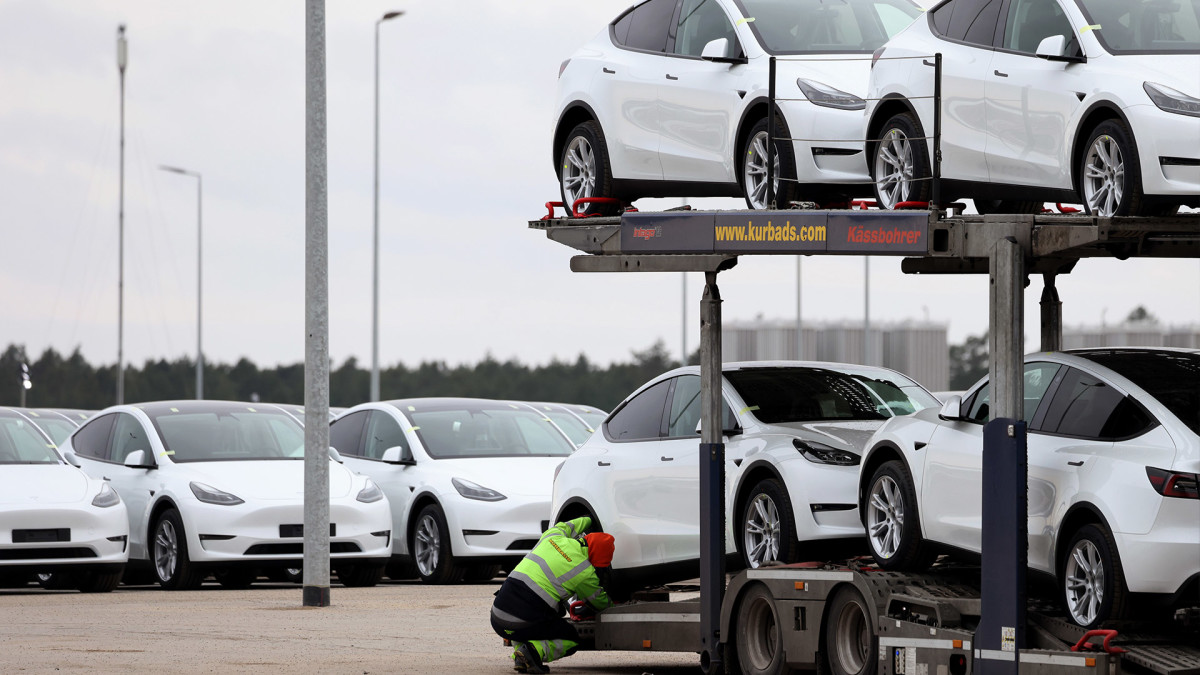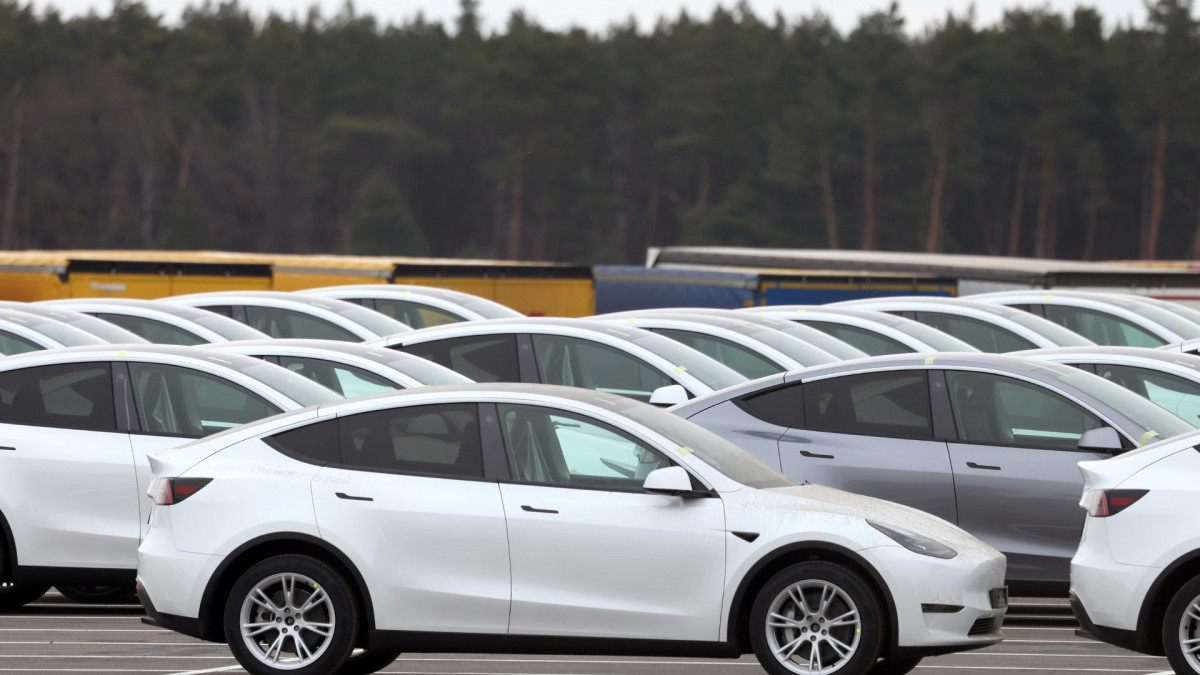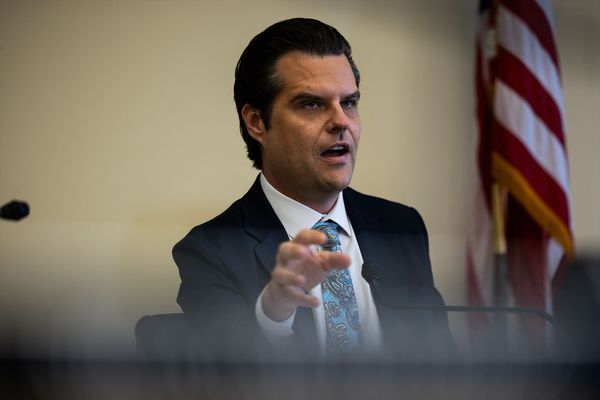
In theory, people want electric vehicles. They're better for the environment and cheaper to operate than traditional gas-powered vehicles.
The problem is that consumers generally don't make choices based on what's good for them. That's why people still use plastic straws despite all the concern about their negative impact on the environment.
Consumers don't oppose using biodegradable straws. They generally just want green replacements that don't dissolve in their drinks. On an individual level, everyone knows the fate of the environment does not rest on their choices.
Related: Popular sneaker retailer closing 400 stores, mostly in malls
If you use a plastic straw, or one made out of whale blubber, it's not going to change the fate of the planet. So most people opt to do what's convenient.
That's why electric-vehicle sales have struggled outside of Tesla's (TSLA) -). CEO Elon Musk's company has built a car that's a status symbol, aside from also being good for the planet.
Driving a Tesla does not send the message that you care about global warming or the environment. It tells people you're a special kind of wealthy and trendy, just as many luxury cars always have.
Tesla has accomplished this — but rival EV companies have struggled to give people a reason to buy their vehicles. The same applies to companies like Nikola, which are trying to make electric trucks a thing.

Image source: Getty Images
Nikola faces an increased risk of default
Rapid Ratings uses publicly available data to track the financial health of publicly traded companies. Nikola (NKLA) -), which makes electric trucks, falls into its category of high risk of default.
"A Core Health Score of 14 suggests very low levels of efficiency and a performance which is not sustainable over the long term," the service reported.
"Within the Resilience Indicators, we see some weakness, and at this Core Health level, these Resilience Indicators are critical in determining default risk. Companies with this combination of Core Health and Resilience have a seriously troubling short and medium-term outlook."
Don't Miss: Key Tesla rival gets $2.2 billion investment
Rapid Ratings warns that vendors of the EV company should begin mitigating their risk.
Nikola "is situated in our High Risk group, displays weakness in five of our seven performance categories and demonstrates significant underperformance in [return on capital employed]," the rating service added.
"If current trends persist, it would be logical to expect that [Nikola] will face serious default risk this coming year and will struggle with serious efficiency and competitiveness problems over the medium-term; thus, the outlook is quite negative."
Nikola has been working on its cash position
Nikola raised $250 million in the third quarter. In the first nine months, the company produced 96 trucks against 125 in the year-earlier period. Nikola shipped 79 trucks, compared with 111 a year earlier.
Nikola also has been somewhat successful in cutting down its use of capital.
"We're making good progress toward their goal of having 12 months of liquidity on hand. Quarterly cash used came in at $111.9 million, well below our target of $120 million, reflecting a 25% improvement from Q2 cash used of $148.3 million," Chief Financial Officer Stasy Pasterick said during the EV company's third-quarter-earnings call.
Nikola lost $425 million in Q3, compared with $236.2 million a year earlier. The deficit was $812.7 million in the first nine months against $562.2 million.
At Sept. 30 the company had about $362 million in cash and cash equivalents.
"We're always looking to make improvements to our cost structure and cash use," the CFO added.
Unlock the secrets of the stock market with Real Money Pro. Gain direct access to elite portfolio managers' top stock picks and time-tested investment strategies. Embark on your journey to financial success — start now.







